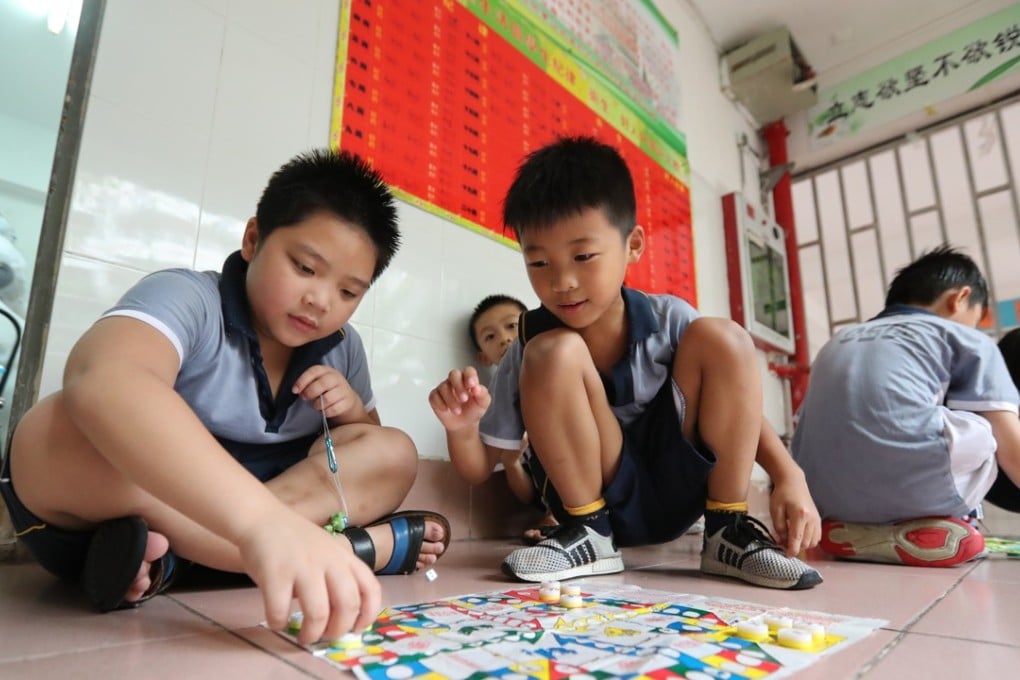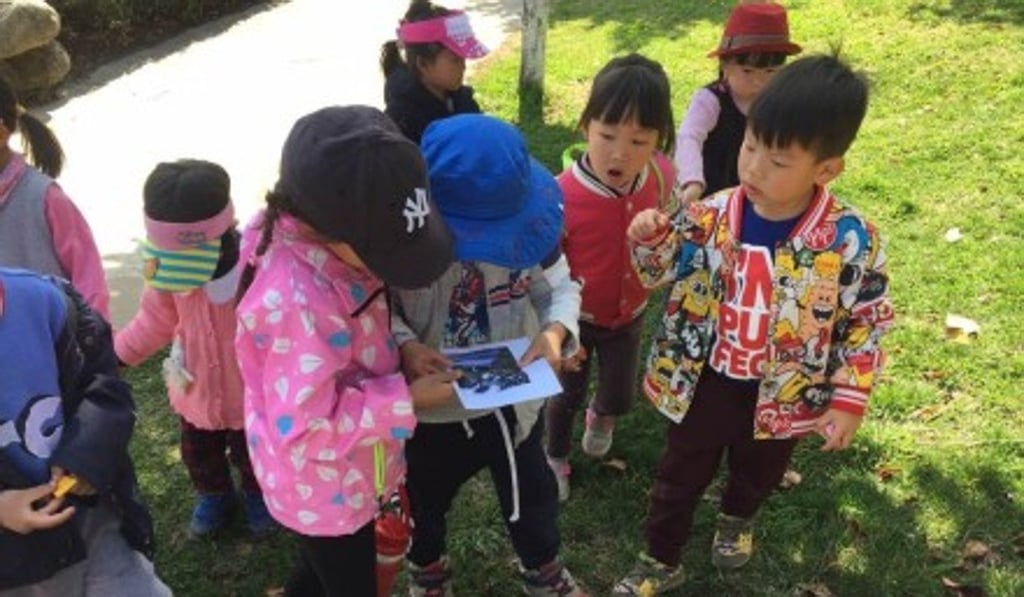How China’s Western-style micro schools seek to free kids from the stresses of traditional education
Micro private schools are slowly gaining favour with well-off Chinese parents who want a more individualised style of education for their children

Five years ago, four kids and five teachers were all the Mao Mao Guo Er kindergarten had.
Based on a mixture of concepts, including the popular Western psychological theories of Erikson and Montessori, and offering project-based learning, the kindergarten between the mountains and rivers of Dali, Yunnan province, has now grown into a combination of kindergarten and primary school, with 120 students and about 20 teachers.
As a place of group study and play mainly for children of immigrants from big cities to the scenic southern city, Mao Mao Guo Er tries to keep kids away from the official education system which is often criticised by domestic parents as rigid and oppressive.
“Yueliang likes it so so so much. She wouldn’t want to ask for leave even when she’s sick,” said one parent, Zheng Xiaohong, referring to her daughter who was among the first four youngsters to join the kindergarten in 2012.

Like Mao Mao Guo Er, micro private schools, with their own curriculum and often starting from a homeschool, are slowly gaining favour with well-off Chinese parents who want a more individualised and Western style of education for their kids.